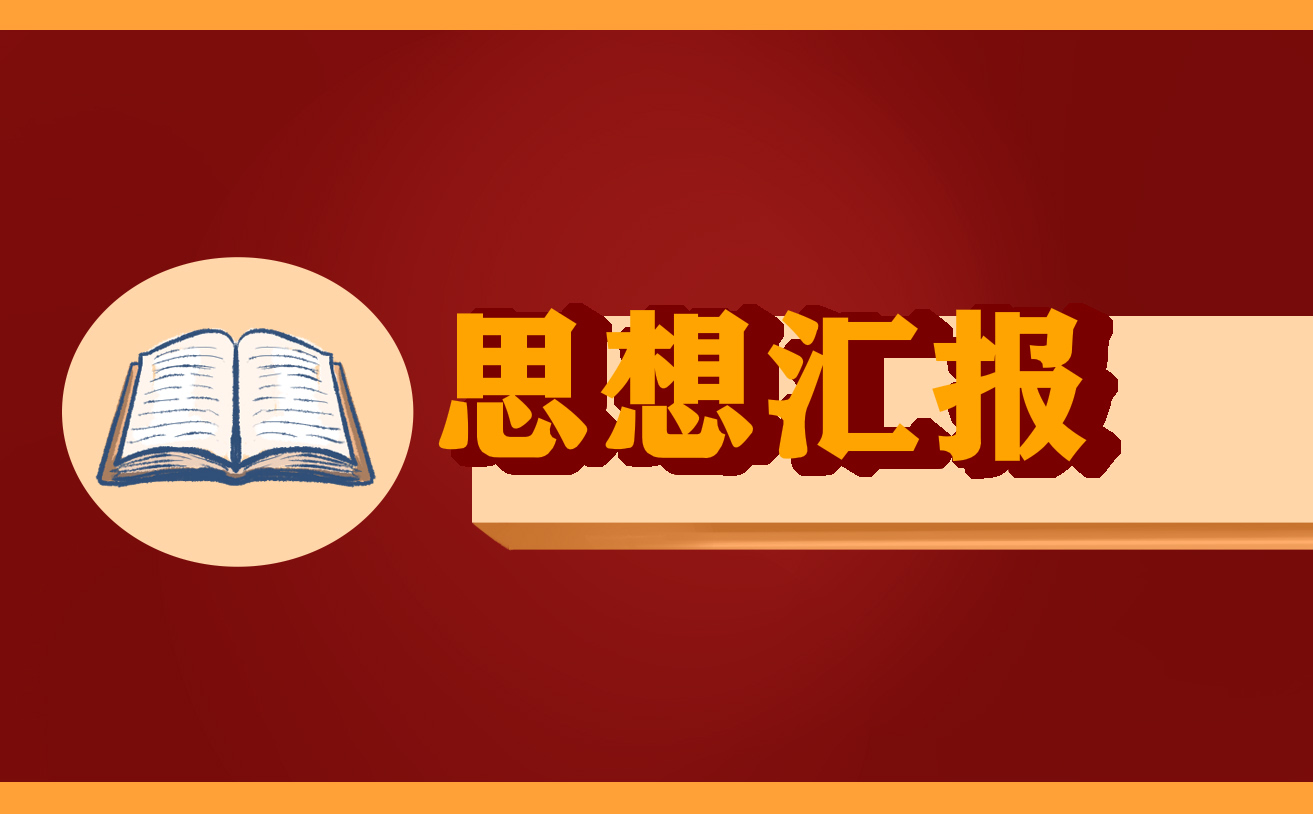2023and与or的用法区别3篇
时间:2023-10-13 15:55:10 来源:柠檬阅读网 本文已影响 人 
and与or的用法区别小伙伴们,请看上面这道题,IdonotlikeMusicandScience.句中包含一个错误,究竟错在什么地方呢?我们知道,and与下面是小编为大家整理的and与or的用法区别3篇,供大家参考。
and与or的用法区别篇1
小伙伴们,请看上面这道题,Ido not like Music and Science. 句中包含一个错误,究竟错在什么地方呢?
我们知道,and与or都是连词,但也有区别,一般说来,and用于肯定句中,表示 “和…/并且”,比如 My brother and I both like English. ,但是在相应的否定句中,不能用and表示“和/并且”,而是用“or”(或者),比如:I don’t like English or Maths. 这句可以翻译为:英语和数学我都不喜欢,或者翻译为:我不喜欢英语,也不喜欢数学。
以下为更多例子:
1、 and和or在否定句中的用法比较
在通常情况下,在肯定句中用and,相应的否定句中则用 or。如:
He has brothers and sisters. 他有兄弟姐妹。
He has no brothers or sisters. 他既没有兄弟也没有姐妹。
They sang and danced. 他们既唱歌又跳舞(即载歌载舞)。
They didn’t sing or dance. 他们既没有唱歌也没有跳舞。
但是,在某些特殊情况下,即使是否定句也得用and。如:
Drivers must not drink and drive. 司机不准酒后驾车。
若将此句中的 and 改为 or,反而不合理了:
Drivers must not drink or drive. 司机不准开车或饮酒。
2、 and和or在祈使句中的用法比较
and 和 or 均可用于祈使句后表示结果(即暗示后面的陈述句为前面祈使句的结果),注意两者意思不同:and 意为“那么”,or 意为“否则”。如:
Study hard, and you will pass the exam. 努力学习,你考试会及格的。
Study hard, or you will fail the exam. 努力学习,否则你考试会不及格。
这类结构通常可转换成含条件状语从句的复合句,如上面两句可改写成:
If you study hard, you will pass the exam. 你若努力学习,考试会及格的。
If you don’t study hard, you will fail the exam. 你若不努力学习,考试会不及格。
注意,由于 or 的意思是“否则”,所以当它前面的祈使句改写成条件状语从句时,谓语动词要用否定式。又如:
Hurry up, or you’ll be late. 快点,否则你就要迟到了。
=If you don’t hurry, you’ll be late. 你若不快点,你就要迟到了。
and与or的用法区别篇2
►And用法
1、and译为“和”、“并”,此时,and用来连接语法作用相同的词、短语或句子
(1)Lucy and I go to swimming once a week.我和露西每周游泳一次。
(2)They teach us Chinese and we teach them English.他们教我们汉语,我们教他们英语。
2、And用来连接两个动词或动词词组表示动作先后发生 。此时and可译为“然后”
Go along the street, and take the second turning on the left. 沿这条街走,然后在第二个路口向左拐。
3、在口语中,and常用在go, come, try等动词后,连接另一个动词,表示目的。此时and相当于to,不必译出
(1)Go and see! 去看看!
(2)Come and have a rest. 来休息一下。
►Or用法
英语中,表示选择关系的并列连词主要有or和either.。.or。其中or作为连词,也是有多种不同的含义和用法。
1、用于引出另一种可能性,表示“或者,还是”
Are you coming or not?你来还是不来?
2、用于否定句,提出两种或多种事物时,表示“也不”
I don’t like tea or coffee. 我不喜欢喝茶,也不喜欢喝咖啡。
3、用于警告,表示“否则”
Hurry up, or you will be late for school. 快点,否则你上学要迟到了。
4、用于两个数字间,表示“大约”
There are seven or eight people in front of us. 我们前面有七八个人。
5、用于引出解释性词语,表示“或者说”
He likes geology, or the science of the earth’s crust. 他喜欢地质学,或者说地壳的科学。
6、用于引出对比概念
He was lying-or was he? 他在说谎,还是没有说谎?
7、or so 有“大约”的意思
It cost me $100 or so to buy this book. 这本书大约花了我100美元。
8、or some---和some--- or other表示对人(somebody)、事(something)、地点(somewhere)不太确定
---Who told you the story? 这个故事是谁告诉你的?
---Somebody or other. I can’t remember. 某个人吧,我记不得了。
9、另外,同学们要记住一些含or的固定结构
(1)now or never 勿失良机
(2)more or less或多或少
(3)believe it or not 信不信由你
(4)or better yet更好的是
And/Or这两个单词虽然很常见,但是很少有同学能够按照表达含义或语法功能来对其进行准确的分类,请大家务必重视这两个小小的连词。
and与or的用法区别篇3
一、从词性上看
because 是连词,其后接句子;because of 是复合介词,其后接名词、代词、动名词、what 从句等。如:
I didn’t buy it because it was too expensive. 我没有买是因为它太贵了。
He is here because of you (that)。 他为你(那事)而来这里。
He lost his job because of his age. 由于年龄关系他失去了工作。
We said nothing about it, because of his wife’s being there. 因为他妻子在那儿,我们对此只字未提。
He knew she was crying because of what he had said. 他知道她哭是因为他说的话。
注意:because of 之后可接 what 从句,但不能接 that 从句或没有引导词的句子。如:
他因病未来。
误:He didn’t come because of he was ill.
误:He didn’t come because of that he was ill.
正:He didn’t come because he was ill.
正:He didn’t come because of his illness.
比较以下同义句:
他离开了这家公司,是因为老板在会上讲的话。
正:He left the company because of what the boss said at the meeting.
正:He left the company because of the thing that the boss said at the meeting.
我不能因为有个家就停止斗争。
正:I can’t stop fighting because I have a family.
正:I can’t stop fighting because of having a family.
二、从用法上看
because 所引导的从句除用作原因状语外,还可用作表语。如:
It is because he loves you. 那是因为他爱你。
而复合介词 because of 所引导的介词短语通常用作状语而不用作表语。如:
他因雨缺席。
误:His absence was because of the rain.
正:His absence was due to the rain.
正:He was absent because of the rain.
但是有时若主语是代词(不是名词),也可以用 because of 引出的短语作表语。如:
It is just because of money. 那只是因为钱的原因。
That was because of his sickness. 那是因为他生病的原因。










